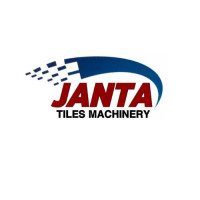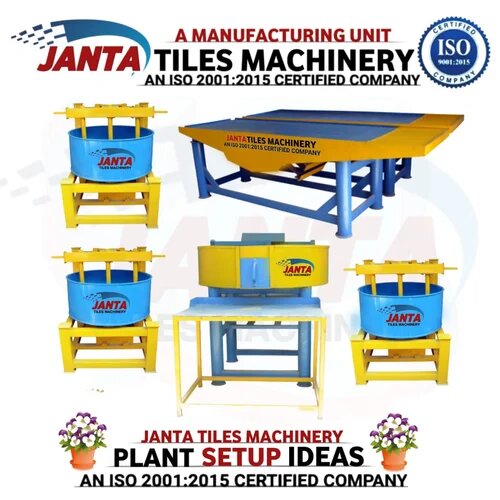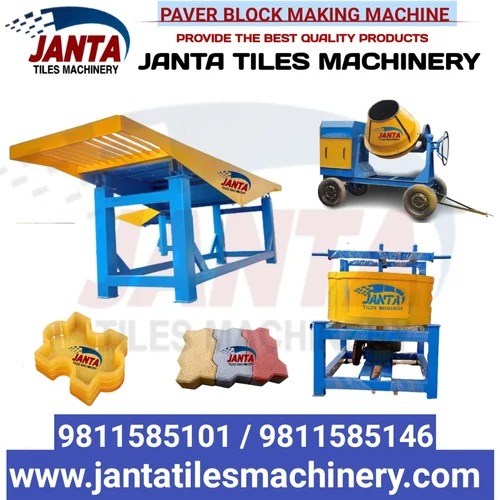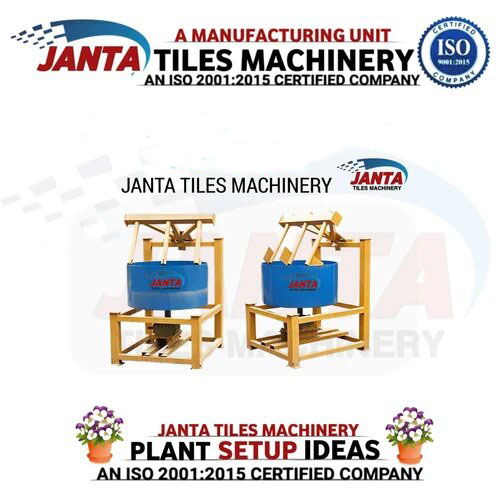Why a Paver Block Machine Matters for Small Businesses
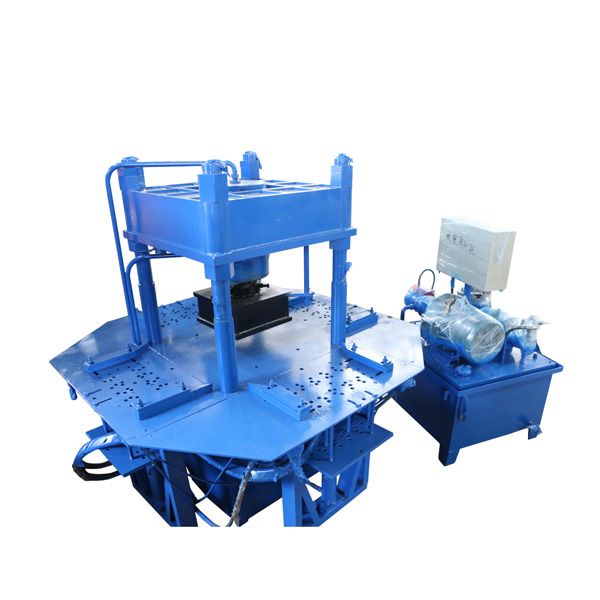
Strong 8k brings an ultra-HD IPTV experience to your living room and your pocket.
For small businesses venturing into the construction materials industry, investing in a paver block machine can be a game-changer. A paver block machine is specialized equipment designed to produce concrete paving blocks used in sidewalks, driveways, garden paths, and other landscaping projects. Unlike manual block making, which is labor-intensive and time-consuming, a paver block machine automates the process, ensuring faster production, consistent quality, and significant cost savings.
Small-scale manufacturers benefit from improved productivity and the ability to meet growing market demands without compromising on quality. The return on investment (ROI) is often realized quickly due to reduced labor costs, less material wastage, and the capacity to produce blocks in bulk. This blog will help you understand the different types of paver block machines, key features to consider, budgeting tips, and how to select the right machine for your business.
Understanding the Types of Paver Block Machines
Choosing the right type of paver block machine depends largely on your production needs, budget, and business goals. Here’s a breakdown of the main types:
Manual Paver Block Machines
Manual machines are the most basic and affordable option. They require significant human effort to operate, making them suitable only for very small businesses or startups testing the market. While the initial investment is low, the production speed is limited, and block quality may vary depending on operator skill.
Semi-Automatic Paver Block Machines
Semi-automatic machines offer a good balance between cost and efficiency. They automate some processes like vibration and hydraulic pressing but still require manual input for loading raw materials and unloading finished blocks. These machines are ideal for small to medium-sized businesses seeking to boost productivity without a substantial upfront investment.
Automatic Paver Block Machines
Fully automatic machines are designed for high-volume production with minimal human intervention. They feature automated loading, mixing, dosing, and unloading systems controlled by programmable logic controllers (PLCs). These machines deliver consistent block quality and are suited for businesses ready to scale up production.
Key Features to Look for in the Best Paver Block Machine
When selecting a paver block machine, consider the following features to ensure it meets your business needs:
Production Capacity
Determine your daily block output requirements. Machines vary widely, from producing a few hundred blocks per day to several thousand. Matching capacity with demand avoids underutilization or over-investment.
Hydraulic Pressure and Vibration Quality
Hydraulic pressure ensures the blocks are compact and strong, while vibration removes air pockets for uniform density. Machines with adjustable pressure and vibration settings produce higher-quality, durable blocks.
Automation Level
Higher automation reduces labor costs and improves consistency. Features to look for include automated loading/unloading, dosing systems for precise raw material mixing, and user-friendly control panels.
Mold Versatility
The ability to switch molds quickly allows you to produce blocks of different shapes, sizes, and textures. This flexibility helps cater to diverse customer needs and opens new market opportunities.
Build Quality and Maintenance
Choose machines built with high-grade steel for durability. Check for warranty terms and the availability of spare parts locally to minimize downtime. Easy maintenance is crucial for long-term operation.
Step-by-Step Guide to Picking the Best Paver Block Machine
Assess Your Production Volume: Estimate how many blocks you need daily.
Decide on Automation Level: Choose between manual, semi-automatic, or automatic based on manpower and quality needs.
Check After-Sales Service: Confirm availability of spare parts and technical support locally.
Request a Demo: Seeing the machine in action helps evaluate block quality and ease of operation.
Explore Financing: Look for leasing or financing options to manage upfront costs.
Installation, Operation, and Maintenance Tips
Site Layout: Plan for efficient workflow, raw material storage, and power supply.
Operator Training: Proper training ensures safety and maximizes productivity.
Routine Maintenance: Regular cleaning, lubrication, and inspection prevent breakdowns.
Safety Protocols: Follow safety guidelines strictly to protect operators and maintain quality.
When to Scale Up Your Paver Block Machine
Consider upgrading when:
- Your production consistently exceeds current capacity.
- You want to offer a wider variety of block designs.
- Automation can reduce labor costs and improve quality.
Scaling up helps meet increasing demand and stay competitive.
Conclusion
For small businesses, choosing the right paver block machine is crucial for growth and profitability. A well-chosen machine from Janta Tiles Machinery can improve production speed, reduce costs, and ensure consistent block quality. Evaluate your needs carefully, consider automation levels, and prioritize after-sales support. With the right machine, your business can confidently meet market demands and scale successfully.
Take the first step today—contact Janta Tiles Machinery for expert guidance and the best paver block machines tailored to your business needs.
Note: IndiBlogHub features both user-submitted and editorial content. We do not verify third-party contributions. Read our Disclaimer and Privacy Policyfor details.

